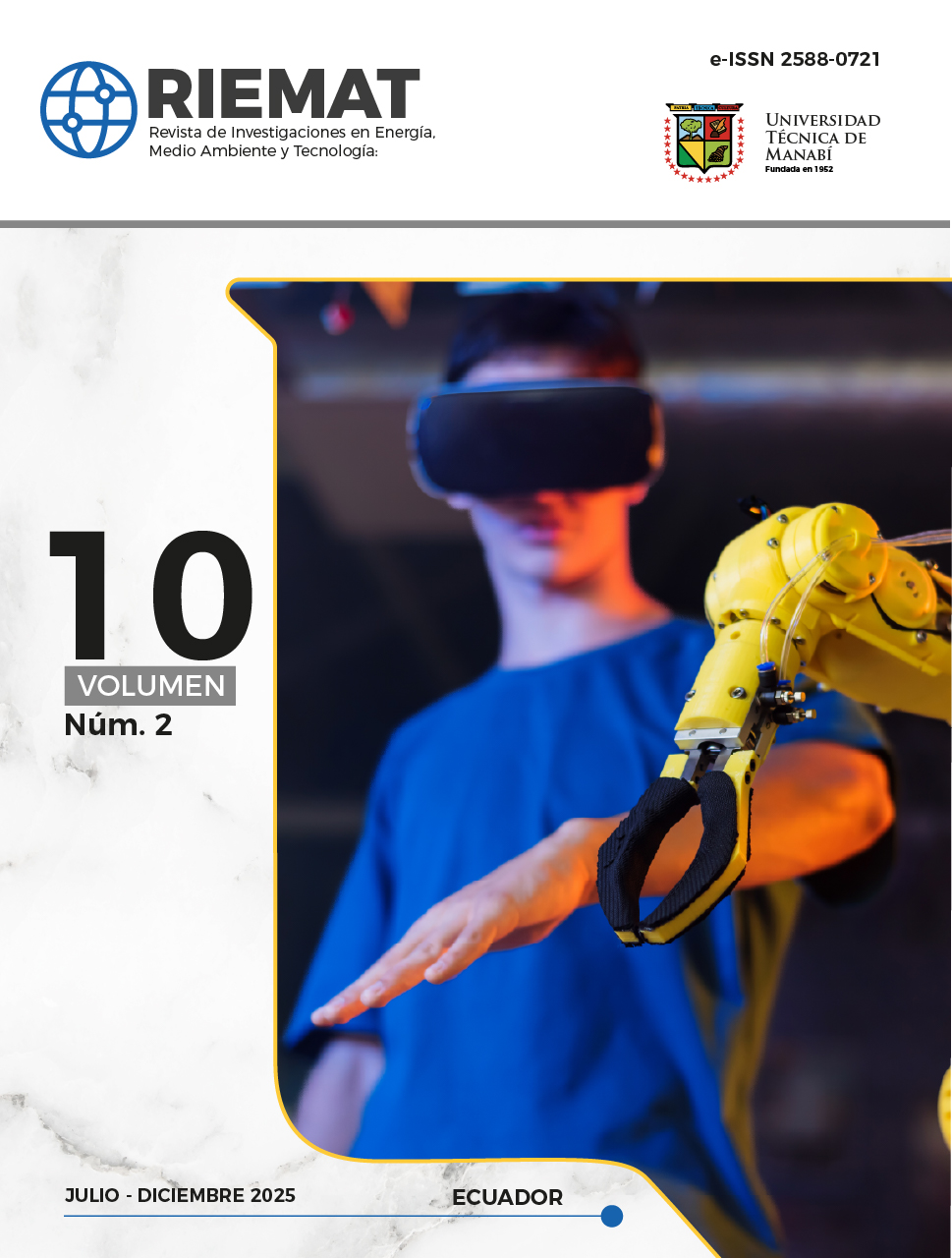Gender-sensitive architecture: Spatial strategies for enhancing safety and well-being of women and girls in Latin American cities
Artículo Original
DOI:
https://doi.org/10.33936/riemat.v10i2.7657Palabras clave:
gender-sensitive design; urban safety; care infrastructure; spatial equity; feminist urbanism; Latin America.Resumen
This article examines how gender-sensitive architectural and urban design strategies contribute to the safety and well-being of women and girls in Latin American cities. Through a comparative case study of 16 public spaces in Quito, Santiago, Mexico City, and Buenos Aires, the research applies a mixed-methods methodology combining spatial analysis, structured field observation, and gender-sensitive audits. Results reveal that lighting continuity, visual permeability, proximity to care infrastructure, and active social presence significantly influence perceived safety. Peripheral areas with limited access to care services exhibit lower safety scores and higher levels of spatial exclusion. The study highlights structural limitations in conventional urban planning, which often neglects gendered experiences and fails to prioritize inclusive design principles. By integrating both quantitative indicators and qualitative insights, this research provides evidence for the spatial impacts of gender inequality in urban contexts. The article concludes with a set of practical recommendations to mainstream gender equity in urban design and planning, promoting inclusive, participatory, and context-responsive strategies for safer cities.
Descargas
Citas
Aguirre, J. L., Roitman, A., Paladín, A., Branzini, P., Ledo, P., & Lugea, H. (2021). Ciudades protagonistas. Análisis de políticas públicas con perspectiva de género en América Latina. ACTAS-Jornadas de Investigación, 66-83.http://157.92.122.77/index.php/actas/article/view/1855
Castañeda, M. A., Gimelfarb, L. S., Cordero Robles, M. R., Valletto, M. B., Torres Pagnussat, L., & Millicay, S. Y. (2024). Urbanismo con perspectiva de género: características y su desarrollo en América Latina y Argentina. Estudios del Hábitat, 22.https://sedici.unlp.edu.ar/handle/10915/167845
Delgado, M. (2015). Urbanismo y violencia de género. Revista de Estudios Urbanos, 12(2), 45–61.
Economic Commission for Latin America and the Caribbean (ECLAC). (2018). Gender Equality Observatory for Latin America and the Caribbean. https://www.cepal.org/en/topics/gender-affairs
Falú, A. (2009). Women in the city: On violence and rights. Environment and Urbanization, 21(2), 307–322. https://doi.org/10.1177/0956247809339963
Harvey, D. (2003). The right to the city. International Journal of Urban and Regional Research, 27(4), 939–941. https://doi.org/10.1111/j.0309-1317.2003.00492.x
Hidalgo, R., Borsdorf, A., & Sánchez, R. (2021). Urban insecurity and women’s perception of safety in public spaces. Latin American Journal of Geography, 55(1), 22–39.
Kern, L. (2020). Feminist City: Claiming Space in a Man-Made World. Verso Books.
Lefebvre, H. (1991). The Production of Space. Blackwell.
Rueda, S. (2019). Urbanismo ecológico y feminista: Integrar la vida cotidiana. Barcelona: Icaria Editorial.
Sánchez de Madariaga, I. (2013). From women in transport to gender mainstreaming in transport: Building the knowledge base for policy making. Transport Reviews, 33(5), 510–525. https://doi.org/10.1080/01441647.2013.806224
UN Women. (2017). Safe Cities and Safe Public Spaces for Women and Girls. https://www.unwomen.org/en/what-we-do/ending-violence-against-women/creating-safe-public-spaces
UN Women. (2018). Gender Audit of Public Spaces: Methodological Guide. https://www.unwomen.org/en/digital-library/publications/2018/3/gender-audit-of-public-spaces
UN-Habitat. (2020). Enhancing Urban Safety and Security: Global Report on Human Settlements. United Nations Human Settlements Programme. https://unhabitat.org/global-report-on-human-settlements-2020
URBACT. (2023). Gender-Sensitive Public Space: Placemaking and Spatial Justice through the Perspective of Gender. https://urbact.eu/articles/gender-sensitive-public-space-placemaking-and-spatial-justice-through-perspective-gender
Publicado
Número
Sección
Licencia
Derechos de autor 2025 Diana Zuleta, Rene Idrovo, Elena Vega, Jenny Pinto

Esta obra está bajo una licencia internacional Creative Commons Atribución-NoComercial-CompartirIgual 4.0.





















